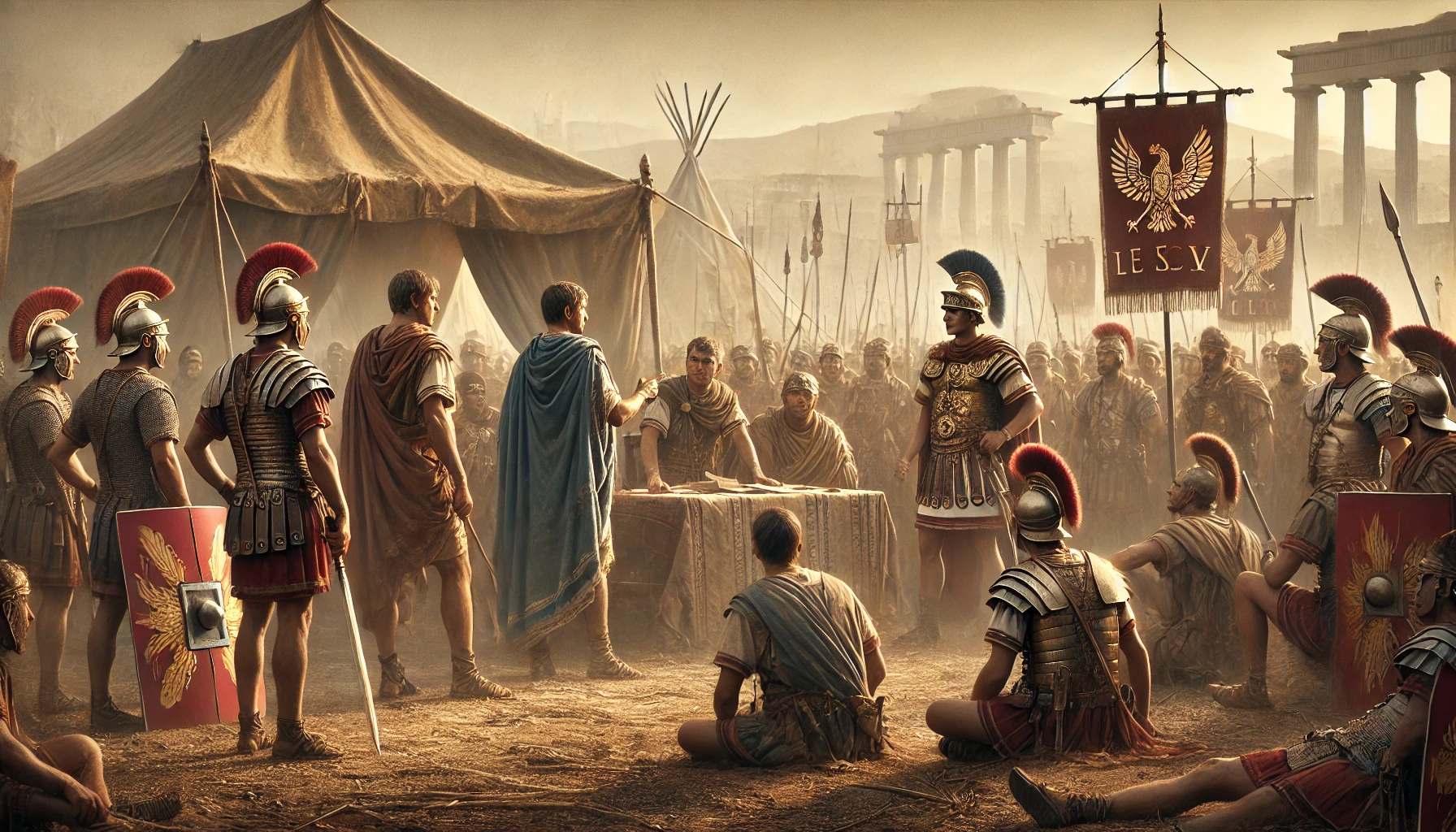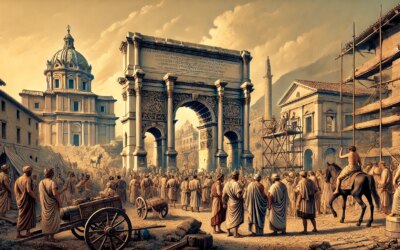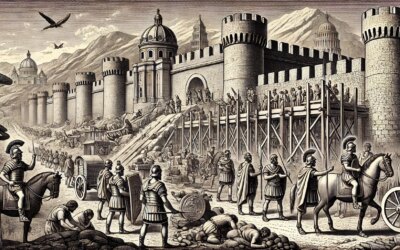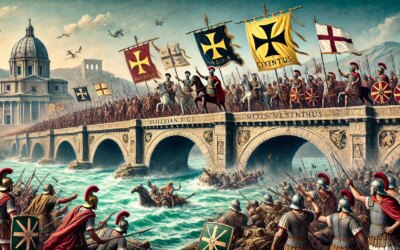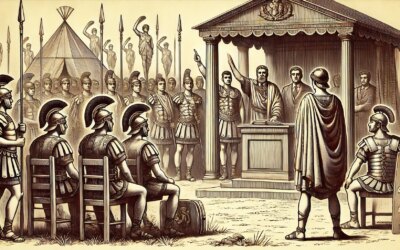Rome in Chaos: A Century of Crisis
Between 235 and 284 CE, the Roman Empire faced one of its greatest existential threats. Known as the Crisis of the Third Century, this period was marked by nearly constant civil wars, foreign invasions, economic collapse, and the fragmentation of imperial authority. At times, it seemed that the empire might not survive.
A Parade of Emperors
The crisis began with the assassination of Emperor Severus Alexander in 235 CE, triggering a cycle of rapid successions, usurpations, and military coups. Over the next 50 years, Rome saw more than 20 emperors rise and fall, many meeting violent ends at the hands of their own soldiers.
Barbarian Invasions and Internal Revolts
As Rome’s armies were preoccupied with civil wars, its borders crumbled. Germanic tribes, including the Goths and Franks, launched raids into Roman territory. Meanwhile, in the East, the powerful Sassanid Empire dealt devastating defeats to Roman legions. The empire even fractured at one point, with the Gallic Empire in the West and the Palmyrene Empire in the East briefly breaking away.
Economic and Social Collapse
The near-constant warfare drained Rome’s treasury. Hyperinflation soared as emperors debased the currency to pay their troops. Trade networks faltered, agriculture declined, and plagues ravaged the population. Many Roman cities saw their populations shrink as people abandoned urban centers for the countryside.
The Rise of Aurelian and the Empire’s Recovery
Despite the chaos, the empire was ultimately saved by a series of strong emperors. Aurelian (270–275 CE) reconquered the breakaway regions and reestablished control, earning the title Restitutor Orbis (“Restorer of the World”). Later, Diocletian (284–305 CE) enacted sweeping reforms, stabilizing the economy, strengthening the military, and laying the groundwork for the later division of the empire.
The Crisis’ Lasting Impact
Though the empire survived, the Crisis of the Third Century permanently weakened Rome. It exposed the fragility of imperial rule, increased reliance on the military for political power, and set the stage for the eventual division of the empire into East and West. The echoes of this turbulent era would be felt for centuries to come.

